Peace Education Initiative Rwanda: Healing the Wounds From the 1994 Genocide Against Tutsi and Promoting Reconciliation Among Rwandans
/By Albert Rutikanga, Guest Contributor
Background and Mission
Peace Education Initiative Rwanda (PeacEdu) was founded in response to the 1994 Genocide against the Tutsi. I am survivor of the 1994 Genocide against the Tutsi. My family and extended family were killed during the genocide. I started with the idea of promoting reconciliation among Rwandans and healing wounds caused by the 1994 Genocide. To provide an example to my fellow survivors, I forgave perpetrators who killed members of my family. My idea continued to grow by engaging survivors and perpetrators in sharing their testimonies, apologizing and forgiving, and building a unified society.
Later, the idea grew into an organization that is dedicated to preventing genocide and mass atrocities through education, storytelling, peacebuilding and healing the wounds caused by the 1994 Genocide against the Tutsi. PeacEdu’s mission is to create a unified and peaceful society with critical thinking skills and a high quality of life.
PeacEdu’s work in the context of Universal Declaration of Human Rights (UDHR)
PeacEdu’s work gravitates around key principles of the UDHR which include but are not limited to the following principles:
Article 2: Freedom from Discrimination: Discrimination has led to genocide, and it is important for PeacEdu beneficiaries to understand the dangers of this in order to work for a society where everybody is treated with respect.
Article 26: Right to Education: Education is the most indispensable tool to ensure that people live good lives. PeacEdu educates its beneficiaries to provide access to quality education through real-life experiences and sharing testimonies. Young people have access to quality education and important opportunities to learn about the history of Rwanda through study trips.
Beneficiaries
PeacEdu works with youth and community. The community includes genocide survivors’ widows and perpetrators who confessed their role in the 1994 Genocide against the Tutsi.
PeacEdu projects and workshops
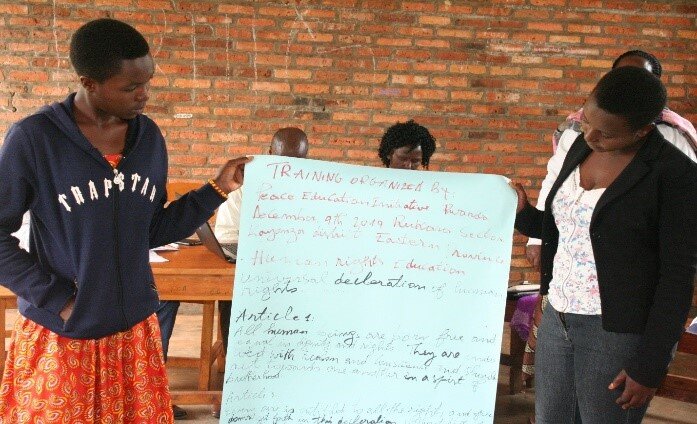
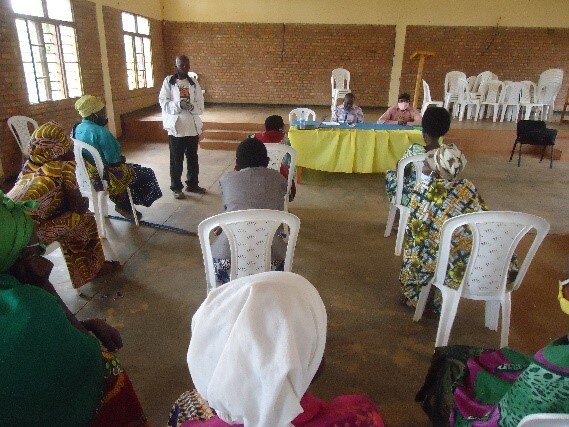
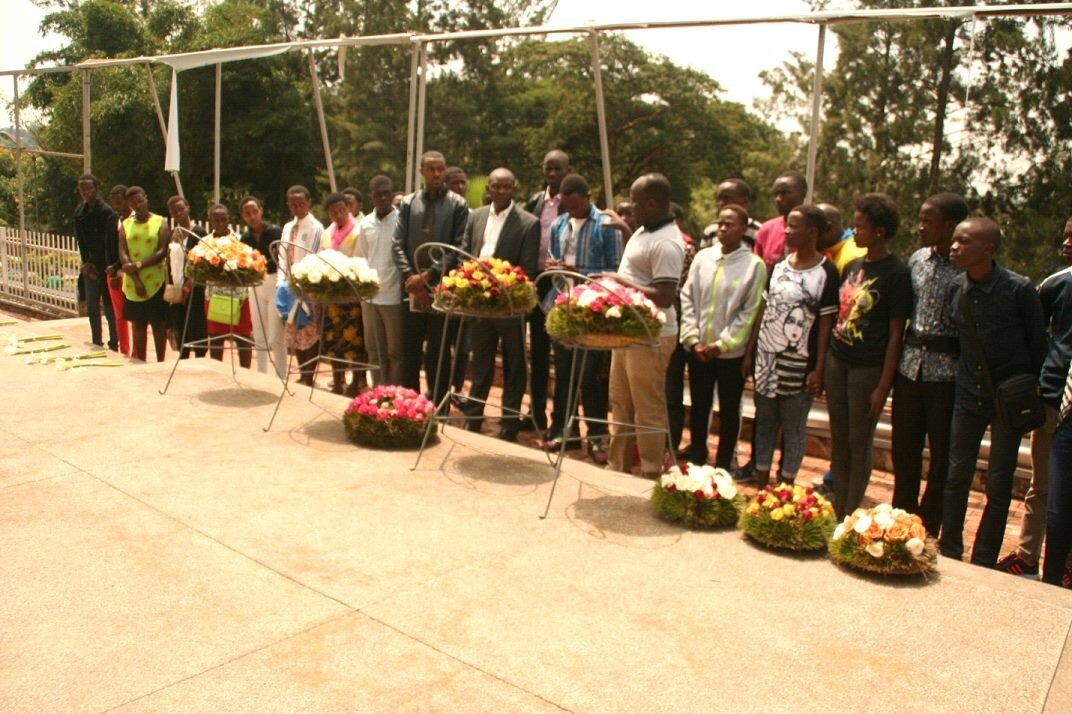
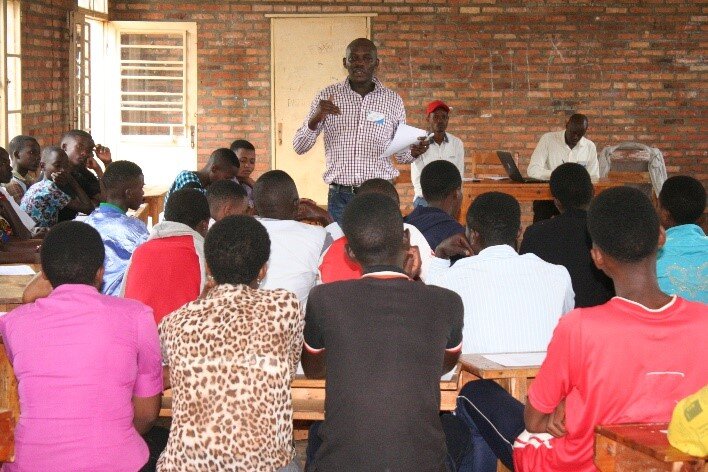
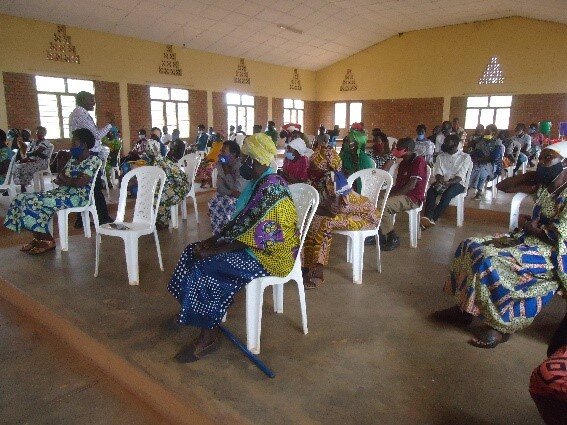
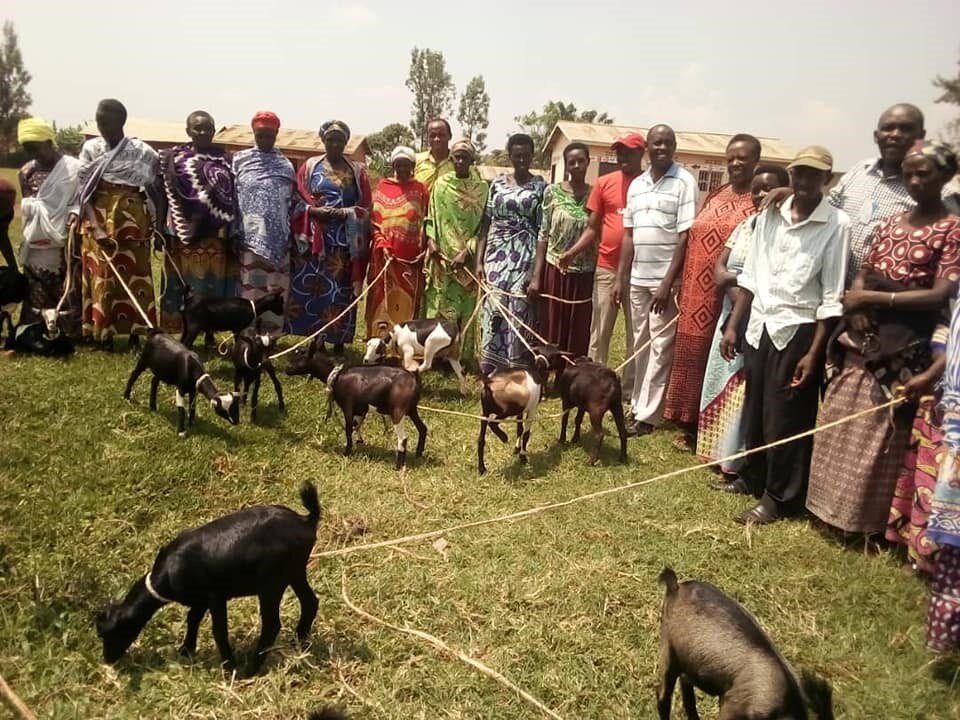
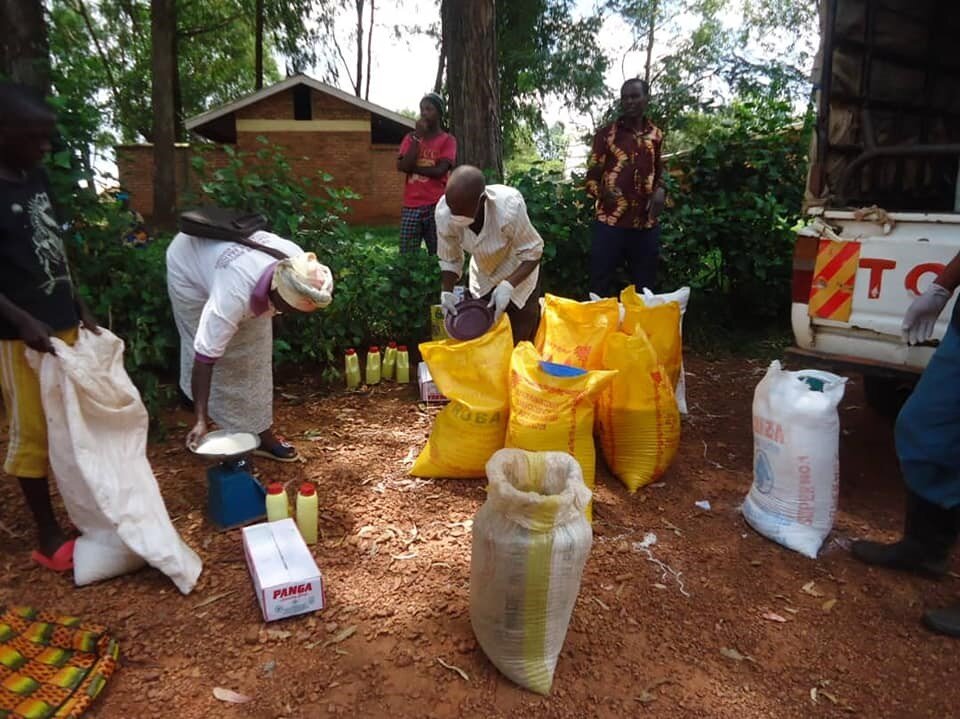
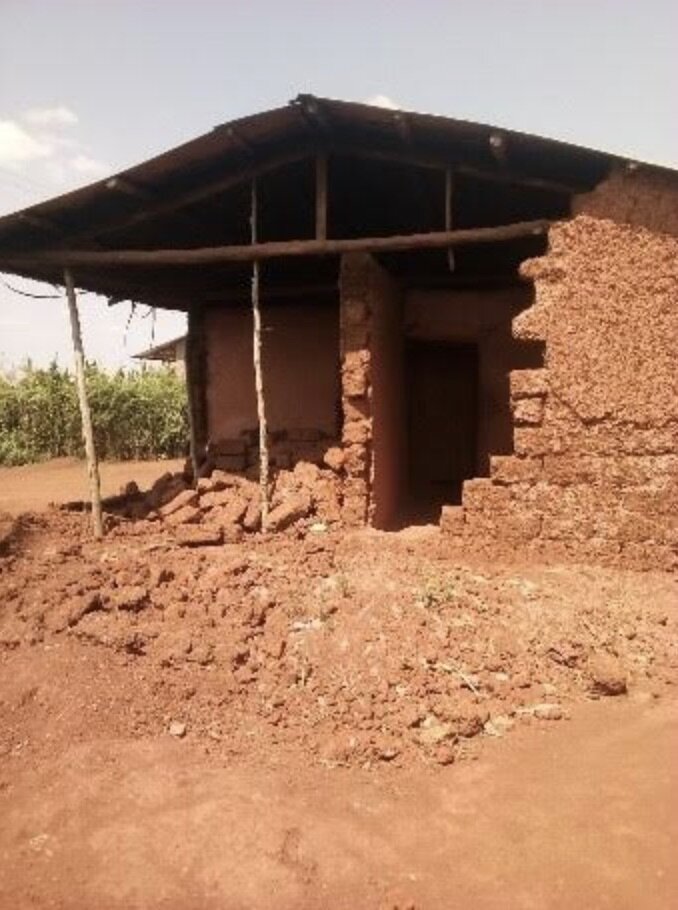
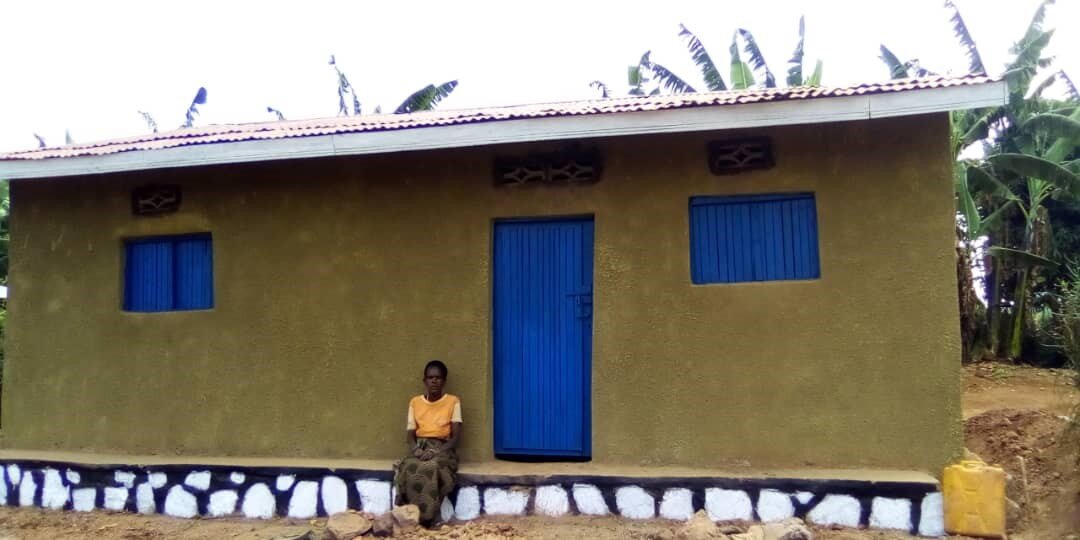
Trainings on peace building and genocide prevention: PeacEdu equips youth with critical thinking skills and provides human rights education focusing on the UDHR. These activities boost their knowledge about peace-building and reconciliation.
Visiting genocide memorials: PeacEdu’s beneficiaries visit different memorial sites where they learn the history of what happened, ask any questions about the 1994 Genocide, and learn how to prevent violence in the future. This equips youth with the knowledge to prevent genocide and promote peace and reconciliation in their communities.
Workshops on healing and storytelling: Through storytelling perpetrators are able to confess and share information about their actions during the genocide. Perpetrators ask for forgiveness and encourage the youth to avoid any kind of manipulation which can lead them to commit crimes. Genocide survivors forgive the perpetrators, and are released from their emotional wounds, including the fear of being massacred again. Healing and storytelling increases social cohesion and helps to create a more tolerant society. PeacEdu seeks to reduce trauma as well as depression, and foster a positive change of mind away from genocide ideology.
Increasing economic livelihood of genocide survivors: Since Tutsis lost most of their belongings during the genocidei, PeacEdu supports genocide survivor widows in different ways, such as proving community-based health insurance and rebuilding damaged houses in order to promote their livelihoods. The organization also works to rid them of loneliness and extreme poverty, both of which can cause their wounds to remain open. In these challenging time of Covid-19, PeacEdu supported vulnerable genocide widows with food and hygiene supplies. It also provided goats to the widows to support them in generating income.
Woven Teaching is proud to partner with Peace Education Initiative Rwanda. For more information, please visit www.PeacEdu.org.